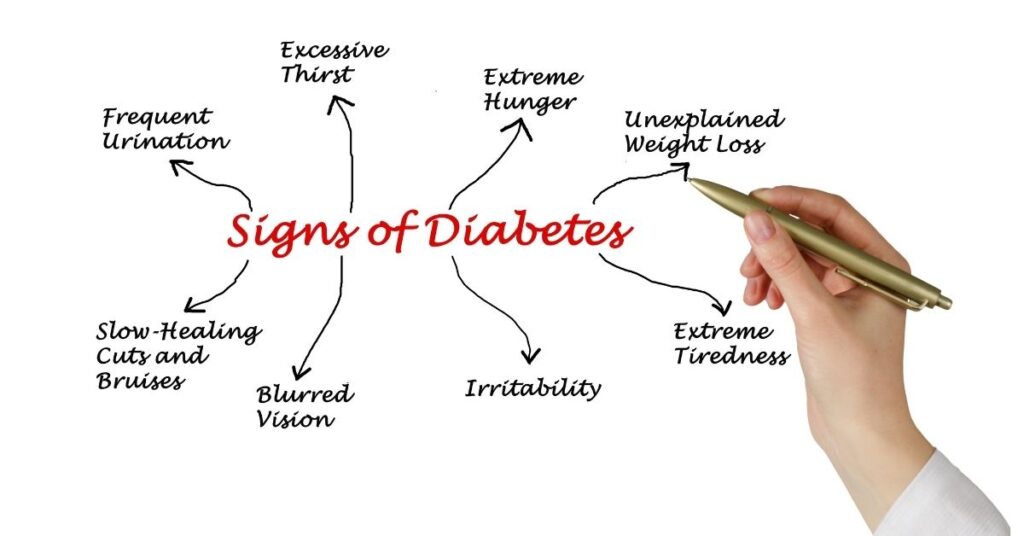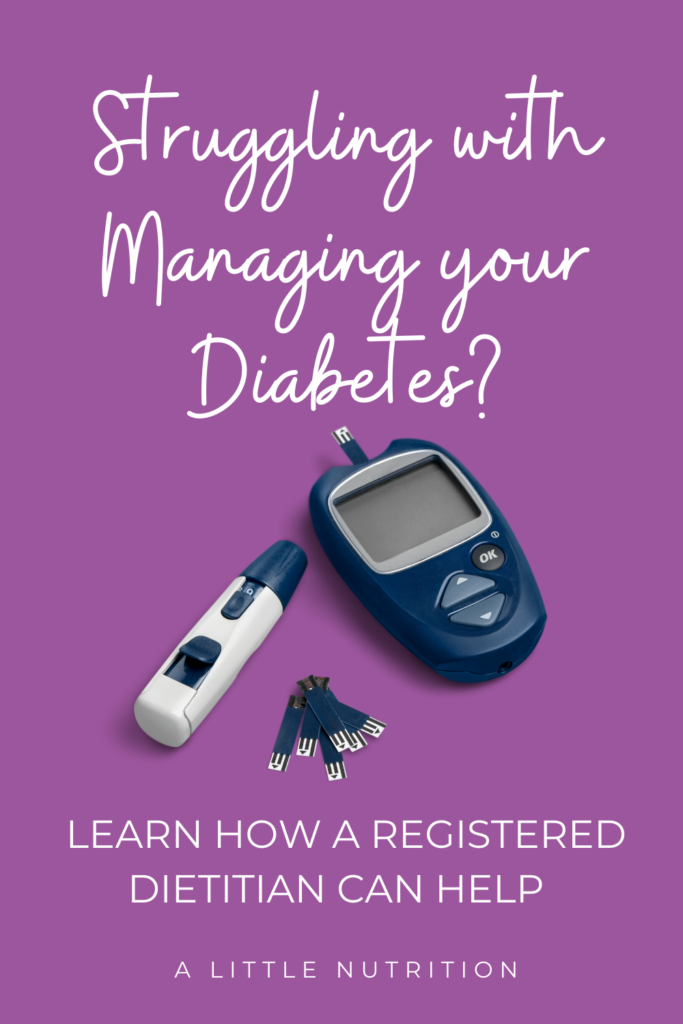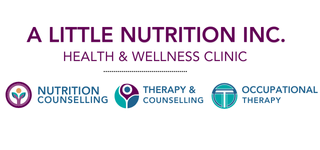Have you recently been diagnosed with Diabetes? Would you like to know more about your condition, but don’t know where to find help? Are you curious about your treatment options? Or are you stressed or worried by your diagnosis?
Registered Dietitians can help walk you through the basics of your condition. They can provide the most current recommendations for nutritional management of diabetes. Also, they can help you find ways to deal with the worry or stress you may be experiencing since your diagnosis. And help you find a diabetes management plan that works for you.
Registered Dietitians can work hand-in-hand with your doctor or healthcare provider. Together they can provide you with a comprehensive treatment plan. Registered Dietitians can help you manage your condition while providing you with support. Allowing you to feel more in control of your condition.
Important Facts About Your Diabetes diagnosis
What is Diabetes?
Diabetes is a condition in which your body is unable to produce insulin. Or is unable to use the insulin your body produces. Insulin is produced in your pancreas. It is a hormone that is required to regulate your blood glucose levels (also known as blood sugar levels). Your body requires blood glucose for energy. But it must be properly regulated to ensure your body functions correctly.
If left untreated, high blood glucose levels can negatively affect your organs, blood vessels, nerves and cognitive functions.

Signs and Symptoms of Diabetes
The signs and symptoms of diabetes may vary from person to person. Some people may not experience any symptoms at all. The most common signs and symptoms of diabetes you may experience include:
- Weight gain or weight loss
- Feeling thirsty and/or needing to urinate frequently
- Increased fatigue and/or lack of energy
- Blurred vision
- Frequent infections or cuts/bruises that require more time to heal
- Tingling or numb feeling in the hands and/or feet
- Diabetic ketoacidosis (DKA)
Types of Diabetes and Treatment Options
Your Healthcare Provider may diagnosis you with one of the following diabetic conditions:
Type 1 diabetes
This type of diabetes is considered an autoimmune disease. Your body is usually unable to produce insulin. Most individuals with type 1 diabetes will need insulin injections (via needles or a pump). Healthy eating and regular physical activity may also be a part of the treatment plan.
Type 2 diabetes
With this type of diabetes, your body is unable to correctly use insulin that your body produces. If you have type 2 diabetes, it can sometimes be controlled by healthy eating and exercise. Some people with type 2 diabetes may also require medications (this can be oral medications in the form of pills or insulin injections).
Gestational diabetes
This type of diabetes occurs during pregnancy when your body is unable to make enough insulin to support your growing baby and changing hormones. Gestational diabetes can lead to pregnancy complications if left uncontrolled. Healthy eating, physical activity and maintaining a healthy weight, can help prevent gestational diabetes. Gestational diabetes can sometimes be managed through healthy eating and physical activity, but some women may require medications for blood glucose control.
Pre-diabetes
With this condition, you will have a higher than normal blood glucose level, however, the levels are not high enough to be considered type 2 diabetes. Management of prediabetes can help prevent the onset of type 2 diabetes and provide control over blood glucose levels. Healthy eating and physical activity can help with the management of your prediabetes. Your Healthcare Provider may also recommend medications as part of your treatment plan as well.

Managing your Diagnosis
Depending on the type of diabetes you have, you may be required to monitor your blood glucose levels with a tool called a glucometer. A glucometer tests the level of blood glucose in your blood. You can document your blood glucose levels so your Healthcare Provider and/or Registered Dietitian can track your condition and help you make changes to your treatment plan. Your Healthcare Provider may also request that you get your blood A1C levels checked every few months. This test provides an average of your blood sugar levels over a two-three month span and can provide a bigger picture of blood glucose control.

When should I see a Registered Dietitian?
Healthy eating can be different for everyone depending on your medical conditions and lifestyle goals. Therefore, there is no one size fits all guidelines for nutrition. Nutrition can serve as part of an essential treatment plan for someone living with diabetes by helping to manage your blood sugar levels, helping you maintain a healthy weight, regulating other medical conditions such as high blood pressure and cholesterol levels, and preventing complications from uncontrolled blood sugar levels.
Your body has specific nutritional requirements and a Registered Dietitian can help you find what works best for you. Registered Dietitians can provide guidance on meal planning, meal timings, blood sugar monitoring and more. If you are ready to learn more about lifestyle changes to help manage your diabetes, it may be time to book an appointment with a Registered Dietitian.

What our Dietitians Can Do for You
During your initial appointment, you will receive an 80-90 minute session with a knowledgeable and compassionate Registered Dietitian that will help you feel supported and educated. Your Registered Dietitian will:
- Clear up the confusion surrounding what, when and how much to eat to help you manage your diabetes
- Assist you with meal planning to help you optimally manage your blood glucose levels
- Advocate and/or communicate with your Primary Healthcare Team (Doctor or Specialist)
- Teach you the basics about diabetes (myth bust, health and nutrition guidelines, etc.)
- Help you manage emotions related to making the changes required to improve your health and quality of life
- Empower you to manage your health by understanding how to grocery shop, read nutrition labels, and prepare meals that you enjoy
- Provide you with cooking tips, meal prep guidance, recipe modifications, and snack ideas
Benefits of Working with a Dietitian at A Little Nutrition
You will thrive when you start eating more balanced meals that boost your energy and help with blood glucose control. A Little Nutrition is a safe place to receive non-judgemental health advice and guidance. Our Registered Dietitians provide a weight inclusive approach to care and will support you on your nutritional journey.

Nutritional Services Overview
How many visits are recommended to see changes in my health?
Short answer: Most of our clients report seeing markable changes in their health after 3-5 appointments spaced out over 3-6 months.
Long answer: However, it really depends on the number of health and lifestyle concerns that need to be addressed. Sometimes additional skills and education around meal planning, meal preparation and grocery shopping need extra time to implement and develop strong habits around. In addition, there may be emotional underpinnings that need to be worked through that are discovered when meeting with your dietitian like dieting trauma, emotional and stress eating, and poor body image. We also have a counsellors and therapists who can help you work through the everyday challenges of stress management, anxiety, depression, grief and relationship struggles. Psychotherapy is a tool that creates success when it is combined with making health behaviour changes.
Are my appointments covered by Manitoba Health or Extended Medical Health Insurance?
Manitoba health does not cover private dietitian services. But if you have extended medical insurance you may have coverage.
If you are uncertain about your coverage you can call our office 1-204-515-7466 and we can look into it for you. Also, we are able to direct bill most insurance companies.
Investment: How much do appointments cost?
- Initial appointments are 80-90 minutes in length and cost $190
- Follow-up appointments are 50-60 minutes in length and cost $135
How do I book an appointment with a Registered Dietitian?
To book an appointment with one of our Registered Dietitians or therapists you can:
- Phone: 204-515-7466
- Email: admin@alittlenutrition.com
- Book online: https://alittlenutrition.janeapp.com/
*Reference: Canadian Diabetes Association (2021). Diabetes Canada. Retrieved from: www.diabetes.ca.
Pin me For Later







